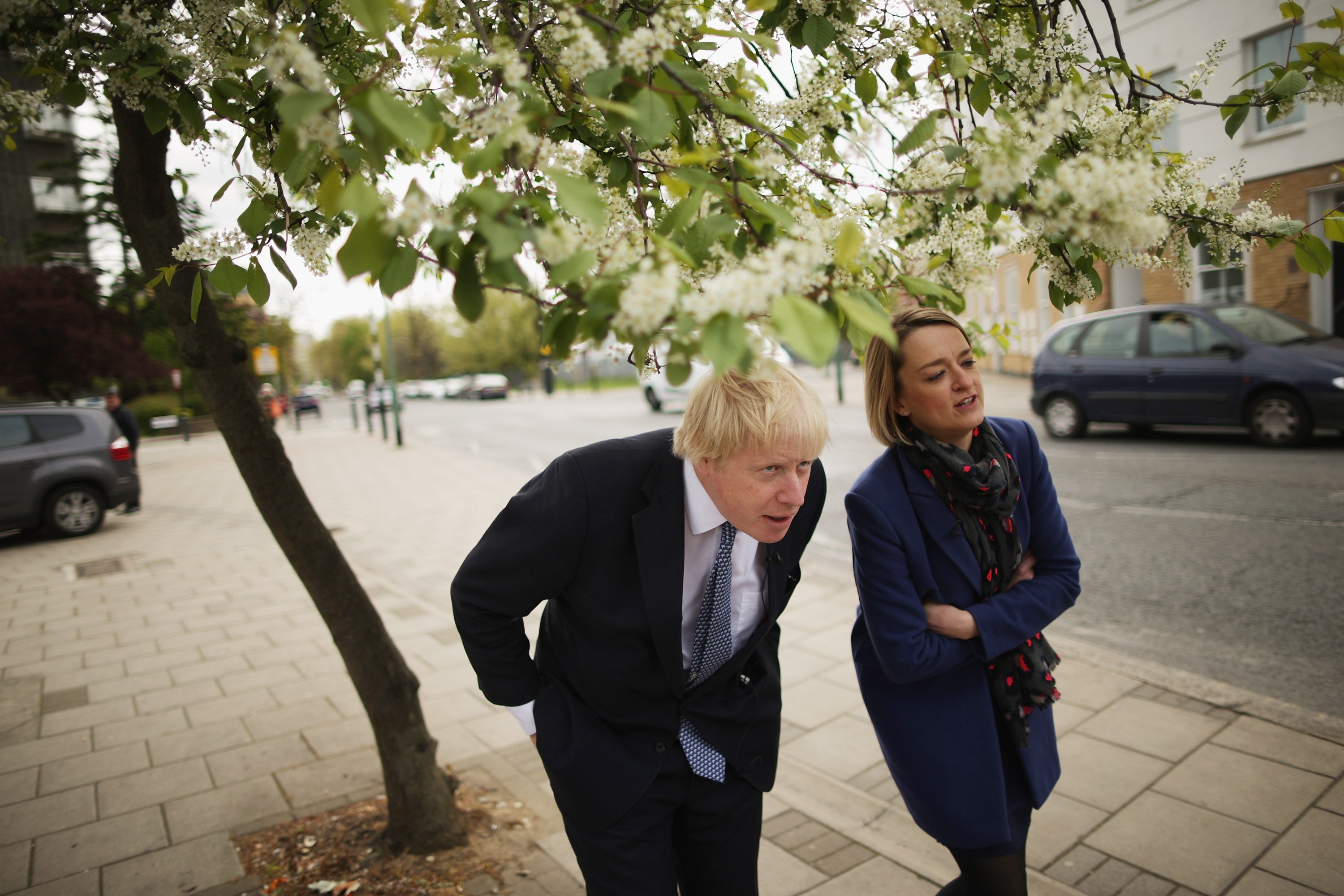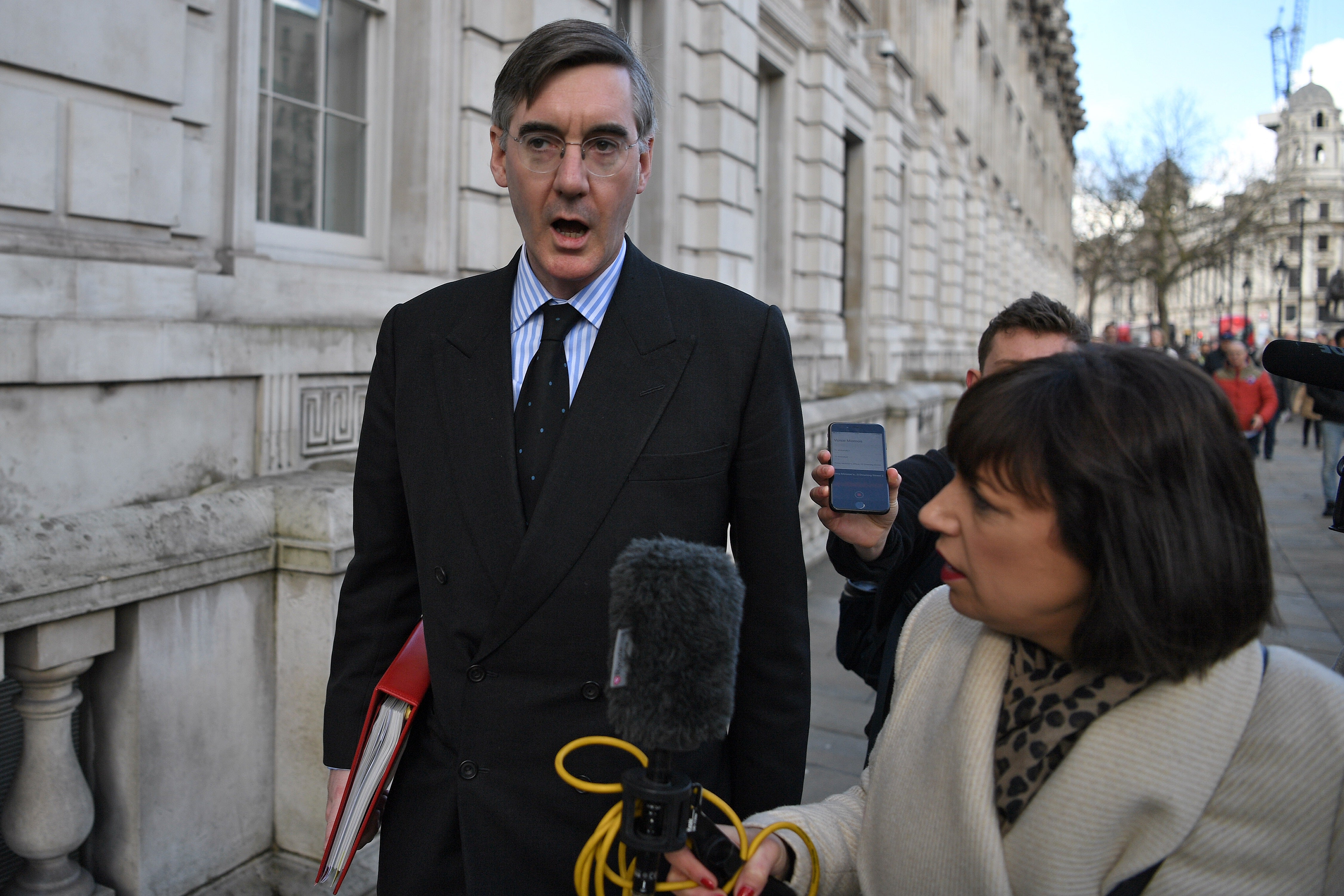Who could replace Laura Kuenssberg as BBC political editor?
For many she became the face of Brexit, a central figure in during the recent turbulence of British politics. Now, as she’s rumoured to be preparing to step down from the role, Sean O’Grady considers the runners and riders to replace her as BBC political editor


Normally, Laura Kuenssberg is the one doing the reporting and weighing up the speculation about the careers of those in public life; now she, and the venerable office she holds, is the subject of rumour and gossip. For an institution so casually belittled by those who should know better, the post of political editor of the BBC is still, in its way, arguably as significant as that of archbishop of Canterbury, or a lower ranking cabinet minister, such as the Scotland Office, say. The BBC and its news channels remain where the public go to find a reliable account of what is going on, even in our polarised times.
In the past six turbulent years – Brexit, two general elections, a pandemic – Kuenssberg has acquitted herself with distinction. The fact that she is simultaneously attacked as a lefty member of the metropolitan elite and as a Johnson patsy, as well as a tool of various conflicting global and national conspiracies suggests that either at least some of her critics are wrong (and mad) or that she is the most successful double agent in history. A relatively easier life on the Today programme beckons.
Who should succeed her? There’s a soft convention for this quasi-constitutional position that it alternates between the two broad wings of politics, analogous to the way the speakership of the House of Commons usually swaps between Labour and the Conservatives. Downing Street, very discreetly, obviously take an interest in the appointment. In recent decades the former senior Guardian journalist John Cole was succeeded during John Major’s premiership by Robin Oakley, a former political editor at The Times. He, in turn, was succeeded, a little controversially during Tony Blair and Alistair Campbell’s time, by the former Independent editor Andrew Marr. By the time that David Cameron came to power Nick Robinson (once chair of the Young Conservatives) was the man standing in the cold outside No 10. Then it was Laura’s turn.

That, then, is the context alongside the negotiations on the future of the BBC now being entered into with the culture secretary, Nadine Dorries. Ms Dorries, if it has slipped anyone’s mind, views the corporation with the same kind of suspicion and contempt usually reserved by Tories for benefit scroungers and subsidised opera, and is on record as thinking the BBC “favour strident, very left-wing, often hypocritical and frequently patronising views that turn people away”.
Of course the BBC is free to appoint who it likes, but the backdrop of a deeply hostile government cannot be ignored. Would the BBC, for example, want to appoint another distinguished former editor of The Independent, Amol Rajan, at the moment busy as media editor and Today presenter? He would be the first person of colour in the job, an important and symbolic moment, and his exceptional journalism should commend him both to the BBC and any other interested parties. The same might also go for the current BBC economics editor and former Sky News political editor, Faisal Islam. Then there’s the BBC’s own current North America editor, Jon Sopel, who once wrote a perhaps too scrupulously fair-minded biography of Tony Blair during the high noon of New Labour.

Might Auntie turn to its charismatic former staffer, Robert Peston, the man who broke the Northern Rock story, the biggest scoop in years? You get the impression, though, that his ego might get stuck in the doors at New Broadcasting House. Beth Rigby, presently political editor of Sky News, a tough interviewer, would be a fine choice, were it not for that time when she apparently broke the lockdown rules. Anyone from Newsnight, such as Nick Watt, or Channel 4 News would probably be tainted by association with news sub-brands regarded as synonymous with Marxist-Corbynism by Conservative HQ.
All of which leaves ubiquitous young meteor and professional northerner Chris Mason. He’s a relatively fresh face, has that trendy regional vibe about him, and was once honest enough to declare that he hadn’t “the foggiest idea” what was going to happen with Brexit. Maybe he’ll get the chance to level up the BBC’s political output, and get the death threats.



Join our commenting forum
Join thought-provoking conversations, follow other Independent readers and see their replies
Comments